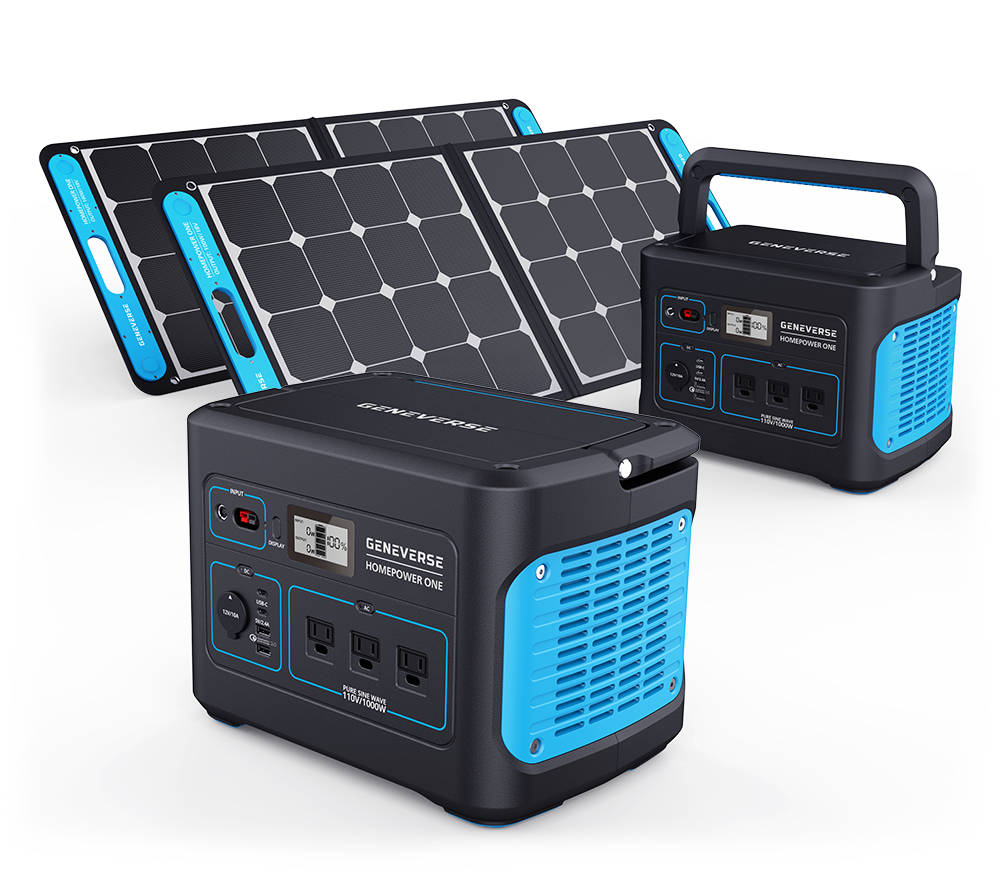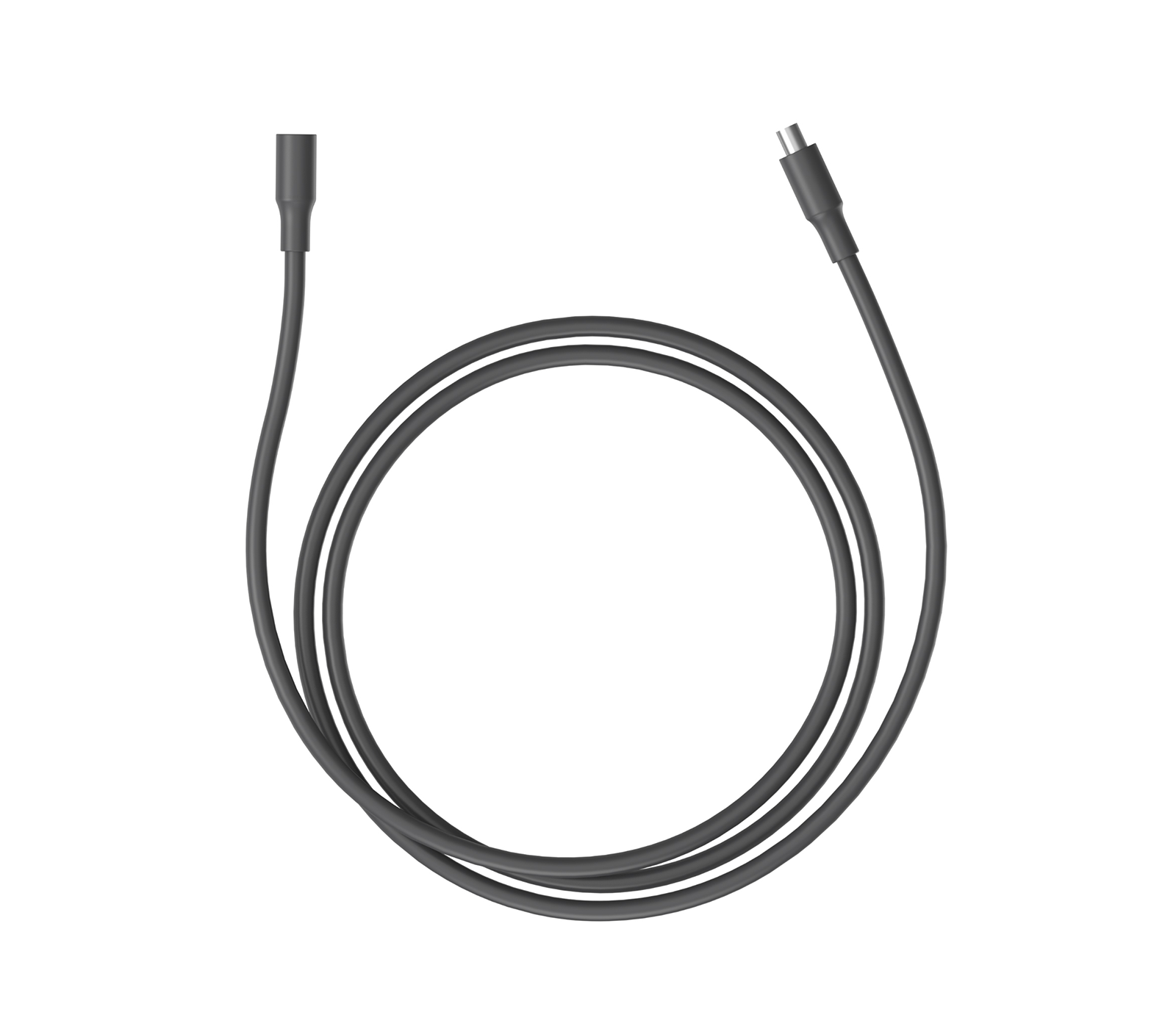An earthquake is a sudden, rapid shaking of the ground caused by the shifting of rocks deep underneath the earth’s surface. It’s a common misconception that earthquakes only affect the West coast of the US when in actuality, everyone in the country should be preparing for the possibility of an earthquake. The National Earthquake Information Center locates about 12,000-14,000 earthquakes each year, with magnitude 2 and smaller earthquakes occurring several hundred times a day worldwide. Major earthquakes, greater than magnitude 7, happen more than once per month.

There is no definitive way to predict when an earthquake will strike, so it is always important to be prepared so you will know how to react if one strikes. Here are tips for recognizing the start of an earthquake and taking action.
1. Sounds & Motions to Recognize
Earthquakes sound like a rumbling or roaring noise which, if farther away, may just sound like a large truck going by. If you hear this type of noise for a prolonged amount of time and think it may be an earthquake, get to a secure location and check your local tracking or alert system for more information. The start of an earthquake can feel like shaking, followed by a rolling motion. Some people equate this sensation to being at sea.
2. Don’t Ignore Foreshocks
You may be more familiar with the aftershocks of an earthquake than you are with foreshocks, but they are equally, if not more, important. Foreshocks are smaller earthquakes that occur leading up to the “main event” earthquake. Foreshocks do not occur before every earthquake, but earthquakes tend to occur in clusters. If you experience one or more small earthquake-like rumblings, prepare yourself for a larger event to be on the way. Never just assume that the small rumbling was the full extent of the earthquake and find a safe location to wait out any oncoming events.
3. Drop, Cover, Hold
As soon as an earthquake hits, take action to keep yourself safe. The safest action to take is to stay away from any large items that can fall on you. If you’re outdoors, stay outdoors and away from buildings. If you’re in the car, pull over and set the emergency brake. If you’re inside, stay inside and away from doorways.

Drop to your knees and hold on to something sturdy. If you can safely, and without passing debris, crawl under a sturdy table, do so and cover your head and neck with your arms. If there is nothing sturdy to stay under, keep near to exterior walls. Stay on your knees and bent over to keep your organs covered and protected. If you’re in bed and cannot safely move, lay on your stomach and hold a pillow over your head and neck.
Summary
There are no surefire ways for scientists and professionals to predict when an earthquake will strike, making it even more important to always be prepared for one to strike. You can read more about preparing for an earthquake on our blog. It’s important to trust your instincts and not waste time when taking action during the early stages of an earthquake. If you feel rumblings or hear a roaring noise, get to a safe location and try to find out more information from emergency alerts and services. If you think you’ve felt foreshocks, don’t just assume that the earthquake has ended. Always be prepared for a larger quake to come, and of course, be prepared for aftershocks. Follow the drop, cover, and hold method to keep your head, neck, and organs covered. Stay away from large and loose objects that could fall and injure you, and don’t try to change your location from going in or out of buildings.
Learn about how to prepare for other emergency situations and natural disasters on our blog.

About Geneverse: Geneverse (formerly Generark) is the most reliablesolar generator and source of emergency backup power for your home and community. From theHomePower backup battery power station providing portable access to electricity, to theSolarPowersolar panels as a source for recharging, never be disconnected from what matters most to you. Learn more about how Geneverse and its industry-leading 5-year limited warranty can bring protection and security to your family ongeneverse.com. Never face a power outage alone, and power your home with a solar generator from Geneverse.












Leave a comment (all fields required)